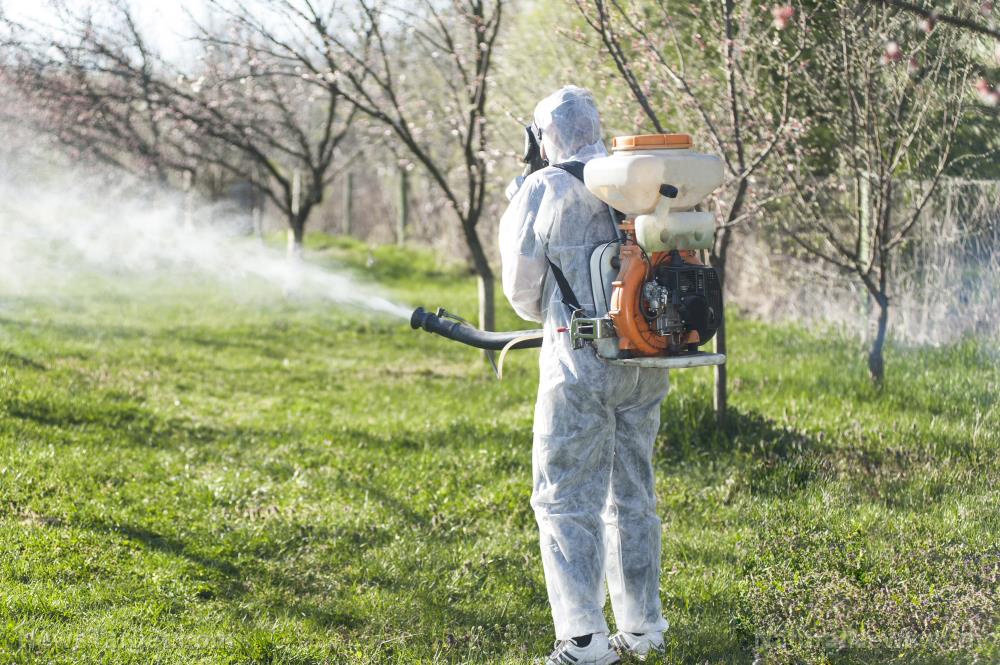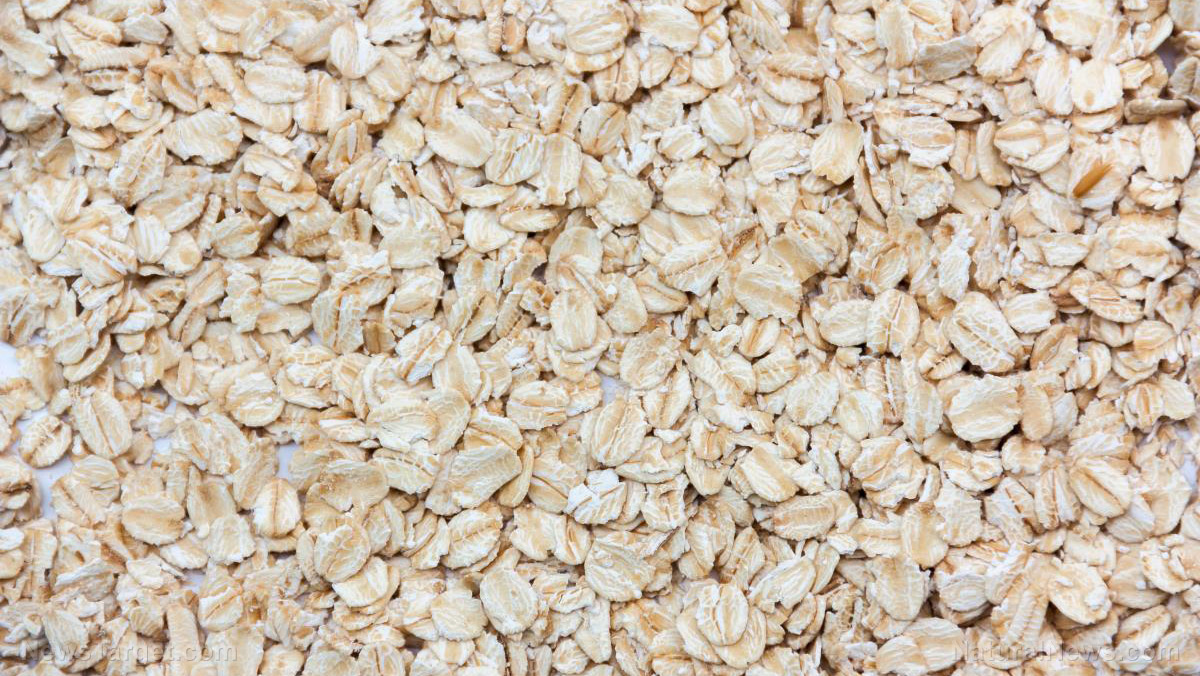Carbon credits, as pushed by Elon Musk, could stop people from growing their own food
02/20/2024 / By Ethan Huff

The latest bizarre claim from the Cult of Climate Change says that growing food at home is bad for the planet and must be stopped.
New research out of the University of Michigan alleges that home-grown food, as opposed to store-bought industrial food, produces five times more carbon emissions. It concludes by basically warning that private gardens are a threat to the environment.
Billionaire electric vehicle (EV) guru Elon Musk, by the way, is pushing this same kind of nonsense. In a February 3 post to X, Musk wrote that “The only action needed to solve climate change is is [sic] a carbon tax” – see Musk’s tweet below:
The only action needed to solve climate change is is a carbon tax https://t.co/mEGhIkSVsn
— Elon Musk (@elonmusk) February 3, 2024
When pressed on this by his followers, Musk responded that he believes a carbon tax is necessary “to tax what is probably bad (CO2), just like alcohol & cigarettes are taxed more than fruits & vegetables.”
We should not, for example, impose draconian laws on farmers or make citizens uncomfortable by limiting air-conditioner usage!
Keep tax revenue constant, but shift it to tax what is probably bad (CO2), just like alcohol & cigarettes are taxed more than fruits & vegetables.
— Elon Musk (@elonmusk) February 3, 2024
(Related: Did you know that most carbon “offset” projects are a money-grabbing scam?)
Wealthy globalists behind anti-gardening study
Concerning the new anti-garden study out of the University of Michigan, it was picked up by The Telegraph (United Kingdom) and other corporate media outlets, which spread its claims as fact.
“The study includes analysis of various gardens from individual family plots to urban and community plots and claims that ‘garden infrastructure’ for individual plots (such as raised beds) contribute far greater carbon pollution than large scale farming,” reported Alt-Market.us about the study.
“The study seems to ignore the fact that raised beds are more efficient and grow more food in a smaller space, but I doubt they really care to take these kinds of things into consideration.”
It turns out that, surprise, surprise, anti-human globalists with deep pockets are behind the new study. A cohort of international groups, including the European Union’s (EU) Horizon Program, all contributed to it. The Horizon Program, by the way, lists “100 Climate-Neutral and Smart Cities by 2030” as one of its primary goals, eventually bringing about a total carbon agenda takeover of all cities by 2050.
Thanks to your generous support, we are building the infrastructure of human freedom and actively donating our technology to independent publishers, authors and home schooling organizations. Learn about our game-changing non-commercial AI project here. Support our ongoing efforts to preserve and enhance human knowledge by shopping at HealthRangerStore.com.
The groups that paid for the new anti-gardening study have billions of dollars at their disposal to shape narratives using climate propaganda. Based on who funded it, there is no scenario in which the new study could have come to any other conclusion, in other words.
Will the study result in home gardening getting banned? Perhaps eventually. One thing it will certainly do is plant in the minds of the gullible the idea that food must come from a corporation in order to be “safe” for the planet, eventually turning home gardeners into criminals who will be dubbed as climate polluters.
“If you think the war on farming which is raging right now in Europe is only intended to affect industrial farms, think again,” Alt-Market.us adds about the agenda.
“The establishment is going to try to use the man-made climate change lie to dictate ALL food production, right down to your unassuming backyard garden. And they won’t limit their efforts to the EU; they will come after American farms with the same restrictions.”
The global warming hoax is about destroying freedom and depopulating the planet so the globalists can live in their own self-made paradise. Learn more at GreenTyranny.news.
Sources for this article include:
Submit a correction >>
Tagged Under:
This article may contain statements that reflect the opinion of the author



















